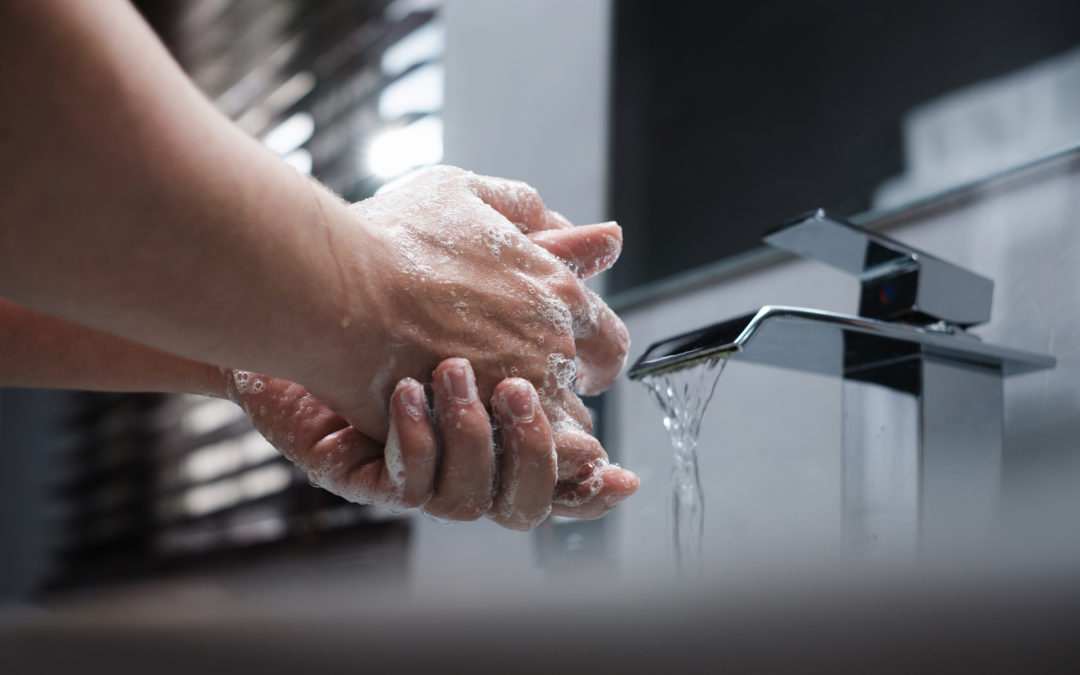In the past few weeks, we’ve watched COVID-19, a novel strain of coronavirus that causes symptoms such as fever, cough, and shortness of breath, spread around the world. We’ve wondered: How does the virus spread? Who is most impacted by it? How long will it be around? What can we do to prevent the spread? What happens if it impacts the people we know, the places where we work, and the communities where we live?
You’ve probably asked many of the same questions.
With the situation evolving rapidly, CAI encourages community association homeowners, board members, community association managers, management company executives, and business partners to find the most up-to-date information from the Centers for Disease Control and Prevention, as well as resources on how to minimize the spread of COVID-19.
Communities associations should take the appropriate measures to have a hygienic environment, including regular cleaning and thorough disinfecting of common areas and meeting spaces and refilling of soap and hand sanitizer dispensers. Other everyday preventative actions include:
- Wash your hands often with soap and water for at least 20 seconds. If soap and water are not available, use an alcohol-based hand sanitizer.
- Avoid touching your eyes, nose, and mouth with unwashed hands.
- Avoid close contact with people who are sick.
- Stay home when you are sick.
- Cover your mouth or sneeze with a tissue, then throw the tissue in the trash.
- Clean and disinfect frequently touched objects and surfaces.
- Follow CDC’s recommendations for using a facemask.
Community associations should review or establish an emergency plan in consultation with legal counsel, insurance and risk management experts, and their manager. Each community should ensure compliance with anti-discrimination statutes. They also should review wage and hour laws in the event of an interruption to normal business operations.
Communities may wish to review state statutes and governing documents to determine whether it’s possible to conduct association business remotely. Communities may be able to govern through written consent, electronic meetings, or a vote outside of a physical meeting.
Associations also may want to consider whether to close common areas and amenities, postpone or cancel events and meetings, and extensively clean and disinfect.
Whatever your community decides, it should clearly and consistently communicate with residents.
We understand there is a lot of worry over the spread of this disease, and we are monitoring how community associations are being impacted.
It is important to recognize that CAI, its chapters, and individual members are not healthcare professionals. The CDC and other qualified health officials should continue to be the primary source of current information and guidance.
This information is subject to change. It is published with the understanding that Community Associations Institute (CAI) and Ungated are not engaged in rendering legal, accounting, medical, or other professional services. If legal advice or other expert assistance is required, the services of a competent professional should be sought.


